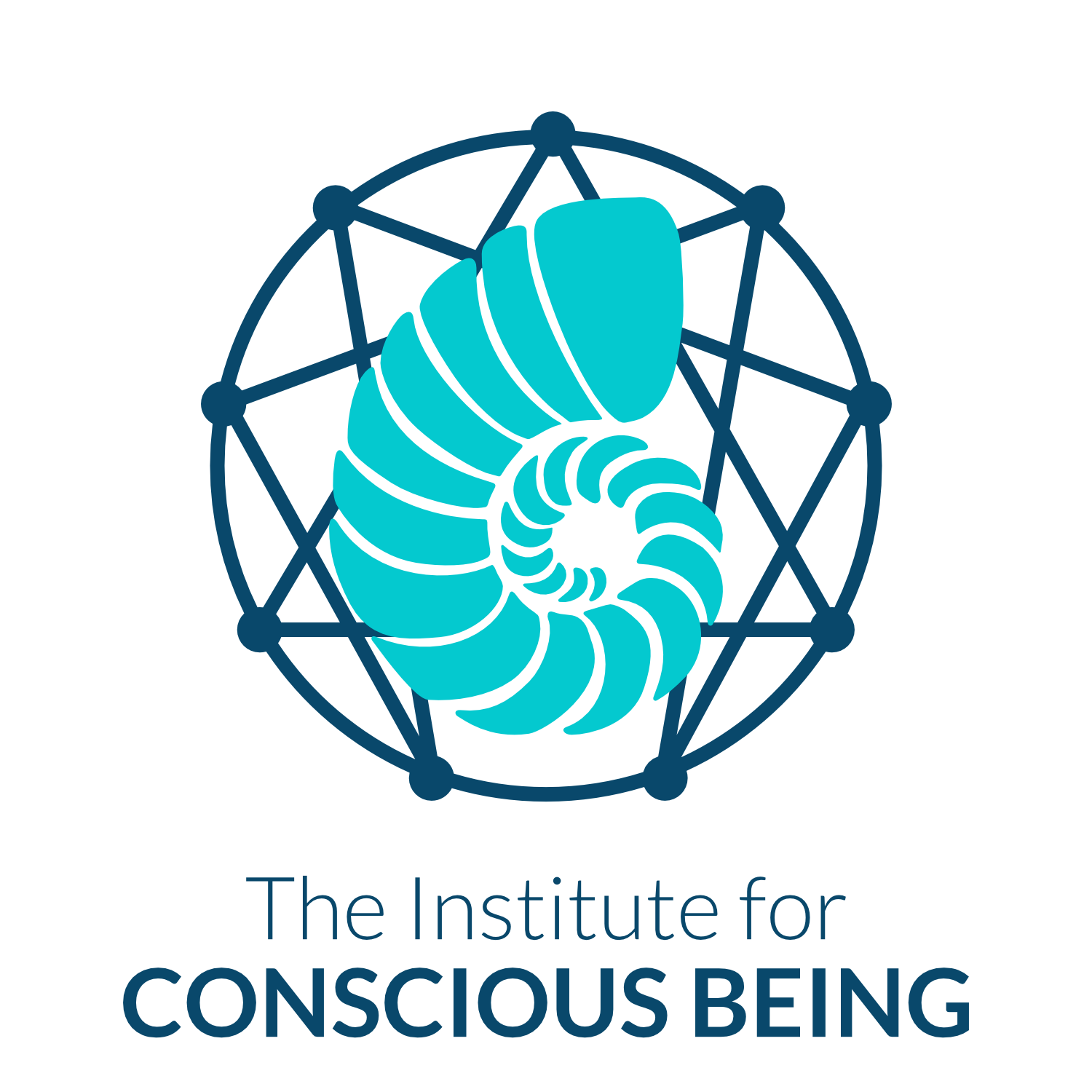Relevance Part 5
February 8, 2025
Relevance Part 5
What do we find to be relevant to us? The short answer is anything that helps us is relevant. This would be a straightforward statement to live by, but the clincher is how we interpret the words "we" and "us." Do those words refer to our ego, soul, or both?
If anything that helps our ego is relevant to us, then anything relevant to our ego may not ultimately be in our best interest. On the other hand, if anything is relevant because it helps our soul, then that thing is in our spiritual best interest.
Sometimes, what feeds the soul is not what appears to be good or productive to the ego or other people, yet the soul thirsts after it. When we find, revel in, or consume this food for the soul, it sometimes appears odd to others, misunderstood by others, or destructive to them. Therefore, if we follow our soul, we may suffer the rejection of those whose acceptance we may covet. For example, how could the "God is dead" theory be relevant to and feed the soul of a Christian theologian? Isn't the concept of the death of God anti-theological?
Professor and theologian Thomas Altizer was not settled with the Christian theology of his time. He had another idea of what was happening in the Kingdom of God. Among many theologians, Altizer had been a student of the works of theologian Frederich Nietzsche (1844-1900), who espoused "God is dead." Greatly influenced by Augustine, Heidegger, Blake, and Joyce, Altizer fashioned his own "God is dead" theology.
But Altizer (1927-2018) did not precisely correspond with Nietzsche's notion that the death of God is the death of the mental structure that humanity invented as God. Instead, Altizer proposed that God willingly 'died' by emptying God's-self into the world to be understood in different ways than the ways God was known beforehand. He likened God's death to Jesus's death and resurrection.
When his book, The Death of God, (with theologian William Hamilton) was published in the 1960s, Altizer was a professor of religion at Emory University. The movement they espoused caused one of the most well-known controversies in the history of theology in America. It stirred huge debates across an already disturbed and divided country and the national controversy made the cover of Time magazine. Thomas Altizer radically departed from most American theologians, and he received significant criticism and death threats.
In his later-in-life interviews and lectures, Altizer explains that his sensational language, "God is dead," was a radical wake-up call for those who needed a newer concept of God so that Jesus could be more relevant to this era. He voiced no regrets, only joy that new ground was broken so that Christianity could inform our times.
Spiritual practice: Has something been very relevant to your innermost being that others did not understand, agree with, or respect? Please record that instance and add a line or two about its inferences for your spiritual journey.
Self-inquiry: Does your soul long for something that others may reject?
Dear God,
Despite your "death," I am so grateful you are alive and moving among us. Amen


